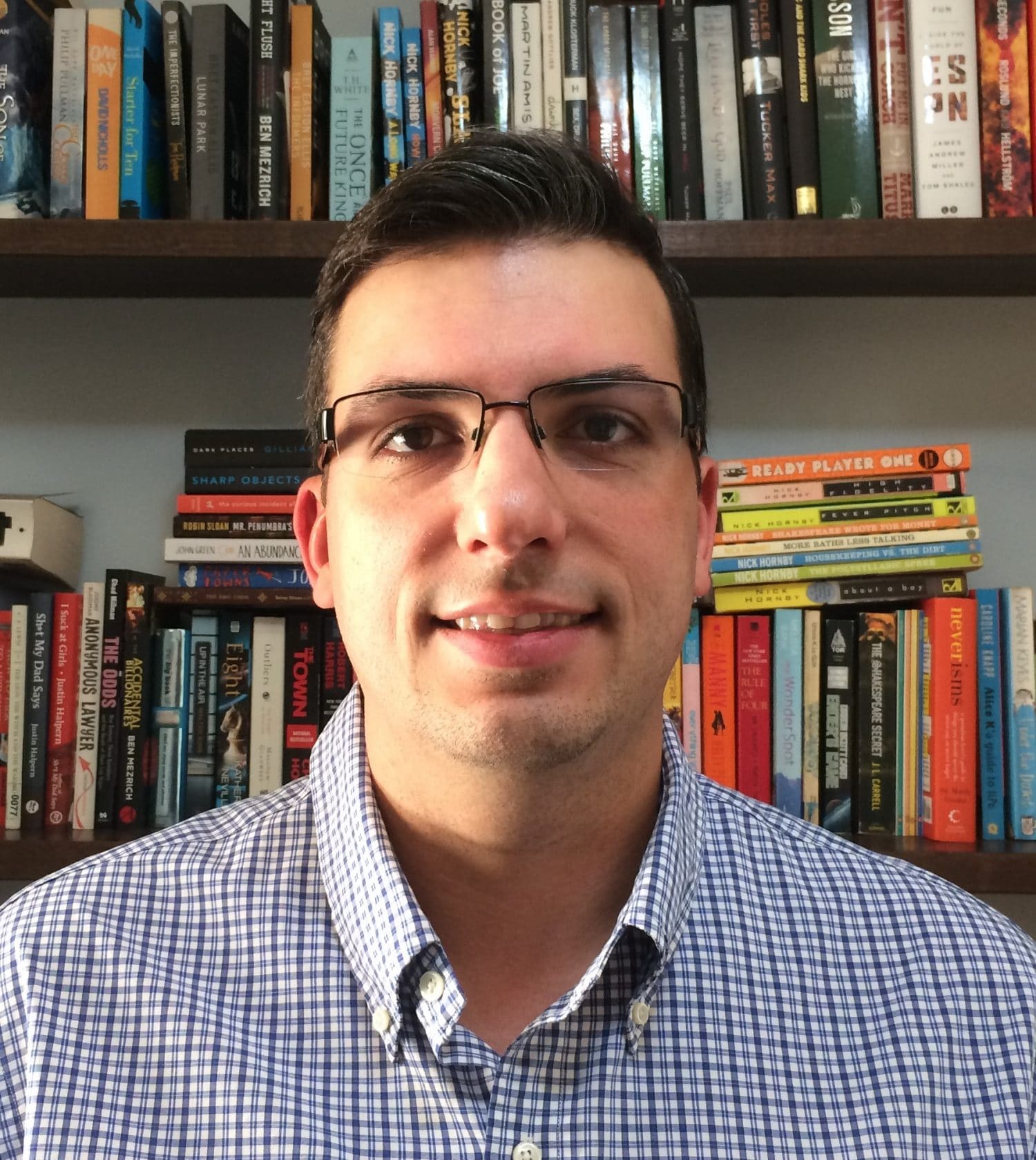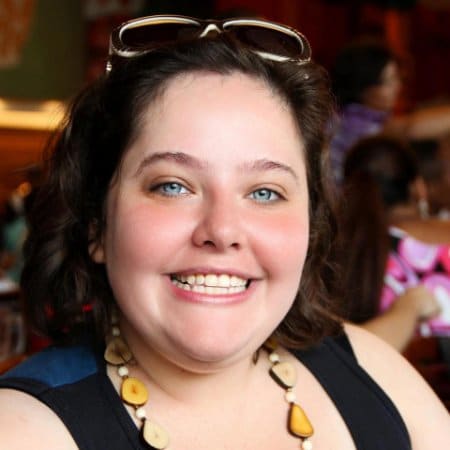My Teacher Development Guidelines
In July, I’ll have been teaching English for exactly 13 years. One maxim among language teachers is that sometimes you can get to this point by having one year of experience repeated 13 times. I like to think of myself as someone who has taken this time to become a better teacher and a better speaker of English. As a bilingual teacher, I think it’s important to invest time (and often money) in my own development. This post is dedicated to my teacher development guidelines.
1. Sit for exams or certificates
I’m the kind of person who needs goals in order to keep myself motivated. As Thiago so eloquently said in his first post, it’s important to set goals that make sense for you.Very early in my career, I decided that the best way of forcing myself to study was to enroll for Cambridge exams. There are many other exams out there, but if you haven’t sat for any, I’d highly recommend doing so. They are expensive, so you need to consider how much time you have in your routine in order to study (or take a prep course) for it. However, enrolling for an exam or a certificate might force you to carve out the time, which is something positive in and out of itself.
2. Attend events and conferences
In a time before LinkedIn, I use to look at my CV and make it a point to add at least one event or conference every year. More recently, I have been trying to present at as many conferences as possible. This is easier if you live close to big cities, particularly São Paulo, where there are weekly workshops for teachers. However, you can also aim at one of the bigger conferences in Brazil or abroad. How about saving money for a trip to IATEFL in Glasgow next year? Or attending the Braz-Tesol international conference taking place this July in Brasília? Having been to both conferences, you’ll come away from either being a better teacher with lots of new ideas. And that is not even taking into account the networking opportunities Elaine Hodgson mentioned in her most recent post.
3. Be a part of the community
Starting my own blog and now writing for the RichmondShare blog, helped me get in touch with a lot of people I wouldn’t otherwise be able to. Even if you feel like you don’t have enough to say, you could try to become more active in teaching communities and chats. If you are based in Brazil, I highly recommend joining the BrELT community on facebook and checking their blog. They organize monthly chats and frequent webinars, both of which are a great opportunity to meet other teachers who are eager to learn and have interesting experiences to share. I can definitely say I always learn something new from their member in every chat I take part of, regardless of whether they are more or less experienced than I am. Finally, look for regional communities and associations that can inform you of local events and the like. The Braz-Tesol local chapters are a good starting place.
Thanks for reading.






